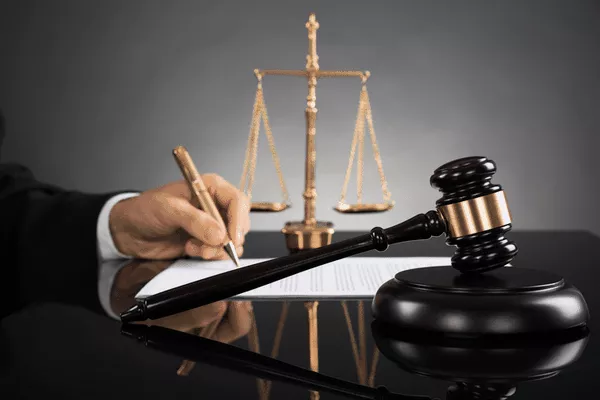In a potential game-changer for the field of artificial intelligence (AI), copyright disputes are set to take center stage in 2024, potentially outpacing legislative and regulatory developments. The New York Times initiated this trajectory by filing a lawsuit against OpenAI and Microsoft on December 27, alleging that their AI systems engaged in “widescale copying,” constituting copyright infringement.
The overarching context involves a series of lawsuits over the past year, where creators sought protection against their works being utilized and reassembled by generative AI tools. The forthcoming copyright decisions could significantly influence the trajectory of AI innovation, determining winners and losers in the market.
The significance of these copyright disputes lies in their potential impact on the use of copyrighted material in developing AI systems and the status of works created by or with the assistance of AI. These decisions may shape the future of AI technology, influencing its progression and setting precedents in the market.
According to James Grimmelmann, a professor of digital and information law at Cornell, 2024 could be the year where the consequences of copyright clashes with generative AI become apparent. Grimmelmann notes that copyright owners have been actively addressing generative AI, raising questions about whether the technology aligns with copyright laws and its impact on innovation.
Grimmelmann emphasizes the potential struggle over adapting copyright law to the emergence of new technologies, highlighting the risk of copyright owners hindering or distorting innovation if they perceive a threat of infringement.
University of Miami Professor of Law Andres Sawicki adds that a significant impact on AI innovation may result if courts determine that training AI systems constitutes copyright infringement. This could potentially steer innovation based on irrelevant technical details of the training process.
However, some observers believe that the copyright system can adapt to an AI-driven world. Jerry Levine, general counsel for ContractPodAI, a generative AI tool aiding lawyers in document analysis, suggests that while there are major issues with the Times’ case, copyright law is equipped to resolve these challenges. Levine proposes that generative AI providers should take responsibility for preventing copyright infringement, suggesting tools offer to summarize text and link to the original rather than reproducing entire copyrighted works.
Yet, concerns arise about potential rulings limiting the generative AI field to major players with extensive resources to combat lawsuits and license large datasets. Sawicki notes that deals from major players like Microsoft and OpenAI’s partnership with the Associated Press to license news stories might become more common. If licensing becomes mandatory, it could restrict AI development to entities with substantial financial resources.
The debate over the role of copyright in the AI landscape underscores broader issues around privacy, ethics, and the societal impact of AI. While copyright law may offer remedies for certain challenges, critics argue that it may not be the most suitable tool to address broader societal effects related to AI.
In the absence of comprehensive rules governing AI, copyright law might end up adjudicating legal questions that extend beyond copyright itself. As the copyright battles unfold in 2024, the tech industry and legal landscape will be closely watching, anticipating the ramifications for AI innovation and market dynamics.


